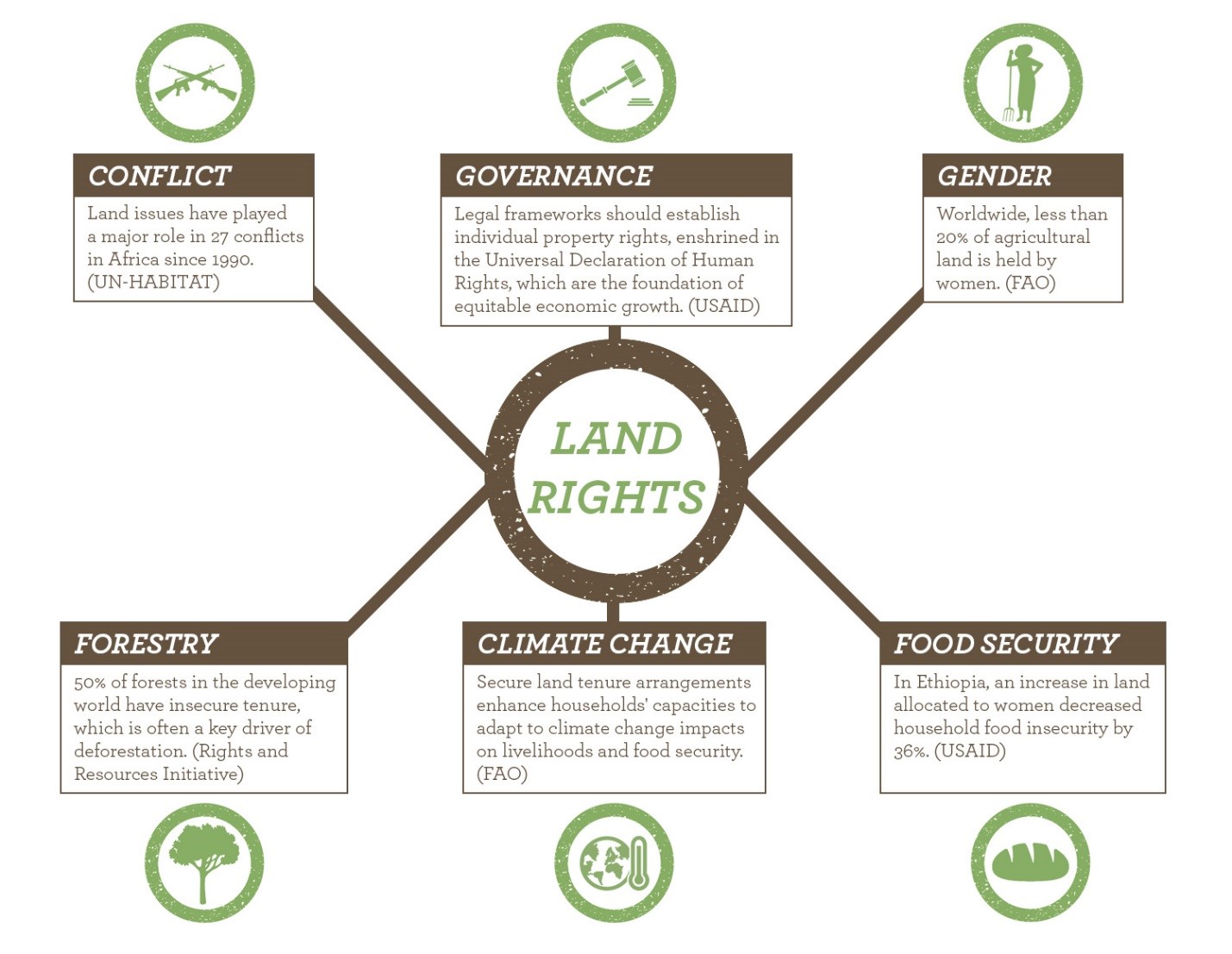How do you keep a broad, disparate, and diverse group of on-the-ground development professionals—governmental, non-governmental, and affiliated—informed about the major challenges they face on a daily basis? How do you create connections so they can learn from each other and leaders in the field, in order to build effective strategies to overcome those challenges?
 This fall, USAID is trying a new strategy to answer these needs—their first ever MOOC, or Massive Open Online Course, on “Land Tenure and Property Rights,” co-developed by International Development, Community, and Environment (IDCE) department Professor Cynthia Caron. The course launched this fall and will run through the end of the year. (Enrollment is open until October 16.)
This fall, USAID is trying a new strategy to answer these needs—their first ever MOOC, or Massive Open Online Course, on “Land Tenure and Property Rights,” co-developed by International Development, Community, and Environment (IDCE) department Professor Cynthia Caron. The course launched this fall and will run through the end of the year. (Enrollment is open until October 16.)
Caron has worked with USAID on professional development workshops before, but she noted that the in-person training sessions had some important limitations. “Staff persons from around the world would have to fly to one location, which was expensive, limited the number of persons who could attend and made it very time consuming, especially for on-the-ground field staff with plenty of other responsibilities.”
Often, these factors mean that participation in these workshops is also limited to just USAID workers or US government staff, narrowing the diversity of perspectives and experiences up for discussion. Participants did not have the benefit of learning from and sharing with other types of practitioners and thought leaders in the field.
Fortunately, the nature of MOOCs eliminates these challenges, and the numbers show it; at the very beginning of the course, over 1,000 students had registered, and in just a few weeks the number of enrolled students rose to over 1,700. Caron notes that while several are affiliated with USAID, there is also significant representation from bilateral and multilateral organizations such as the World Bank, DFID and GIZ; US government contractors; international and local non-governmental organizations such as ActionAid, Oxfam, and the Norwegian Refugee Council; plus university faculty and students, including students from IDCE.
 Land tenure and property rights are one of today’s most pressing development issues. Land use management, productivity, dispute solution, and issues of equality and equity as they pertain to land and resource rights are all issues that arise in almost every development scenario, and understanding those issues are important for a broad group of development practitioners.
Land tenure and property rights are one of today’s most pressing development issues. Land use management, productivity, dispute solution, and issues of equality and equity as they pertain to land and resource rights are all issues that arise in almost every development scenario, and understanding those issues are important for a broad group of development practitioners.
One particular area of land use that is a focus of the course is broadening the way practitioners consider land ownership itself. Caron notes that “ownership” isn’t always the right
paradigm for understanding land use, although it is the natural point-of-view for many western development professionals. “Land tenure is wider and broader than just ownership,” she says. “There are many ways to use, control and access land without having outright ownership. In fact formal land titling around the world is the exception rather than the norm. It is important for development professionals to respect this diversity and work within the complexity that it generates.”
The online format also allows for a diverse set of instructors, each presenting about their particular area of expertise. According to USAID, “The MOOC features 12 thematic modules and three country case studies, taught by leading researchers and practitioners – including experts from Yale University, Michigan State University, the International Organization for Migration, USAID, and others – presenting theories, evidence and best practices related to property rights in real-world settings.”
Caron also appreciates how the MOOC format allows her and her co-facilitator Karol Bordeaux of the Cloudburst Consulting Group to connect the subjects covered in the MOOC with current events for their students. “It really fosters live, real engagement,” she notes, “I can push articles or other content out there on the web to them in real time, and engage in discussions about that topic very easily.”
Commissioned by USAID’s Land Tenure and Resource Management Office, Caron and Bordeaux started developing the course in May 2014. “It’s been an interesting, but complex process,” Caron said, noting that developing the content, identifying and coordinating the presenters, and working with the technology were time-intensive, but a valuable introduction to online teaching.
“We really want to ensure that we weren’t just putting up a bunch of videos or just a discussion board – designing a course for online delivery is very different from an in-person course. Our goal was always to develop a cogent curriculum and an engaging process that would be truly informative for our students and the very real challenges they face in their work,” she said. “And for MOOC participants who have never thought about land tenure and property rights, we hope to help them make connections so that they’ll be able to think about how land issues intersect with their own work.”

